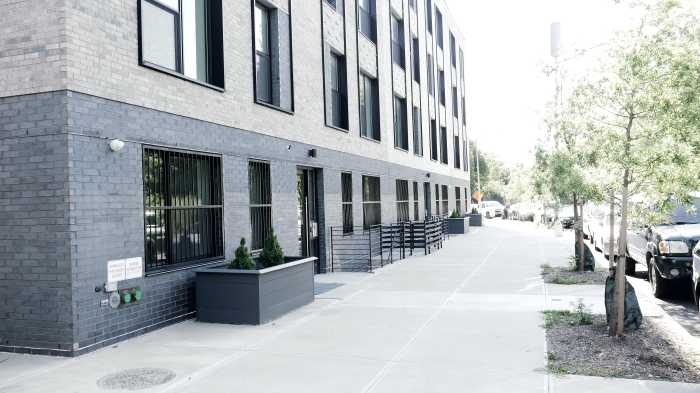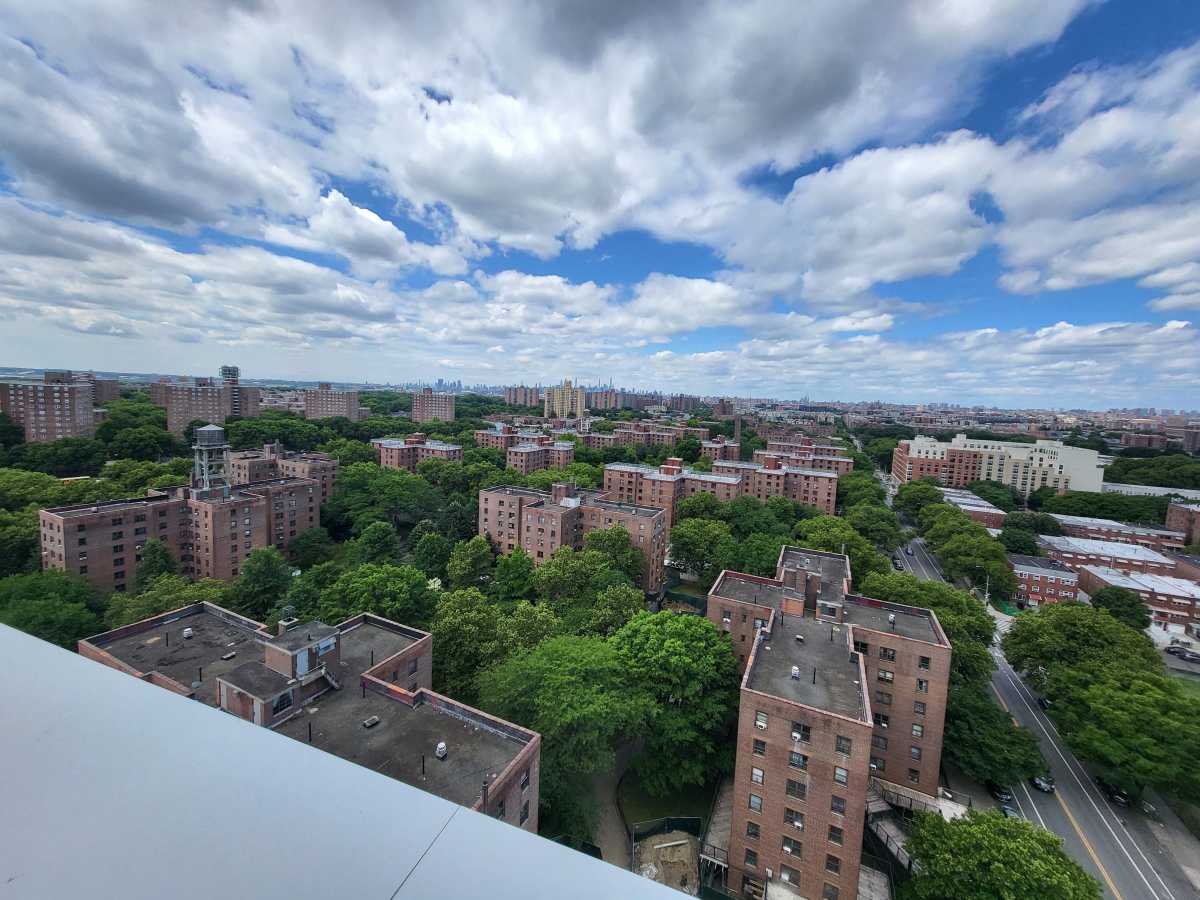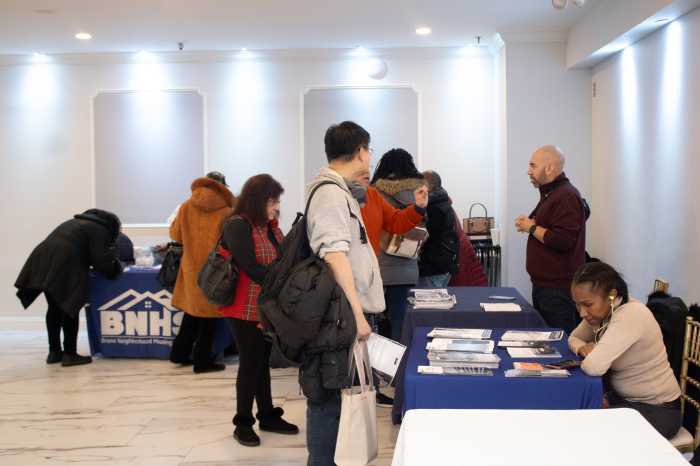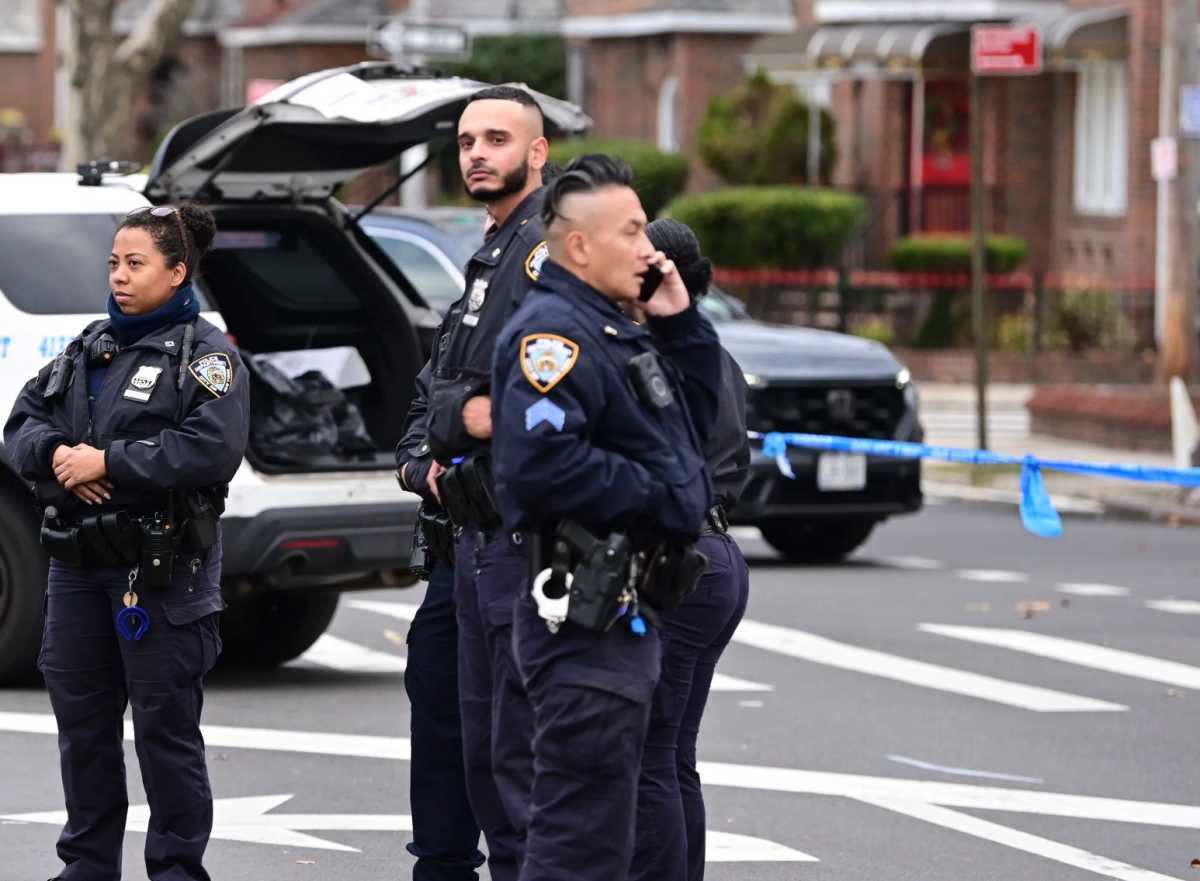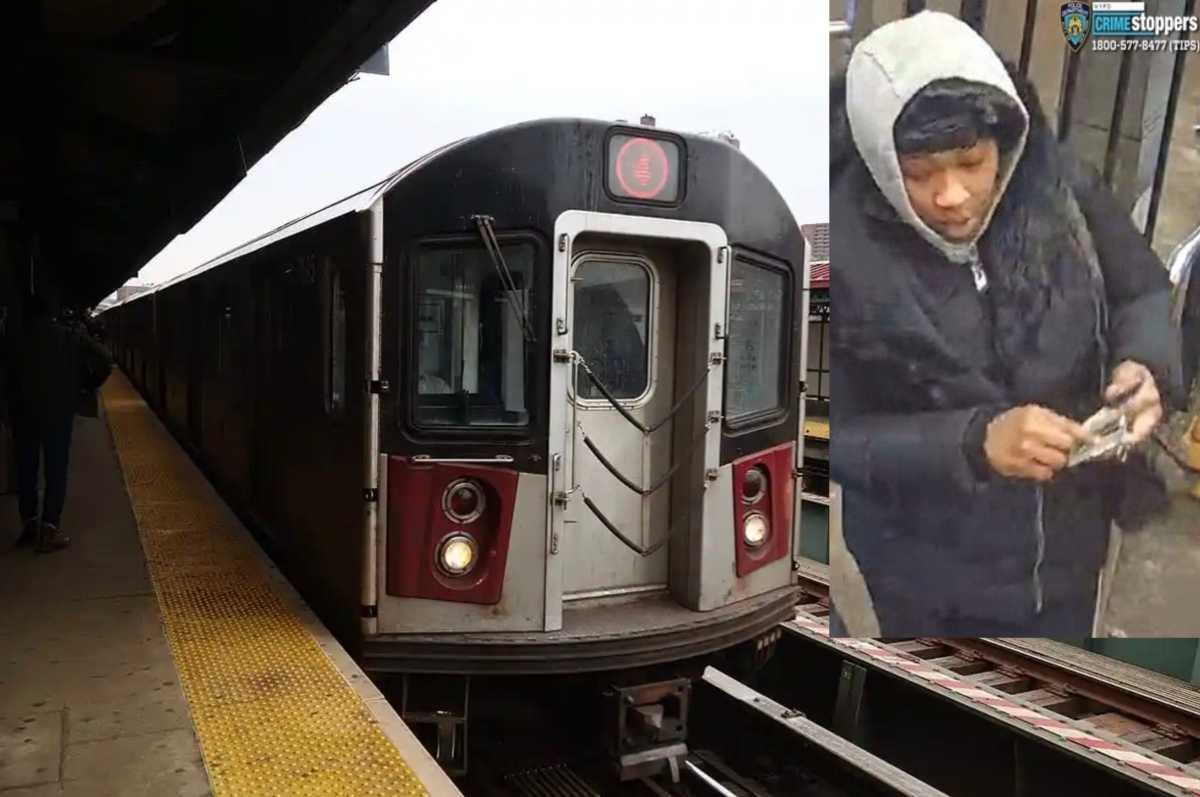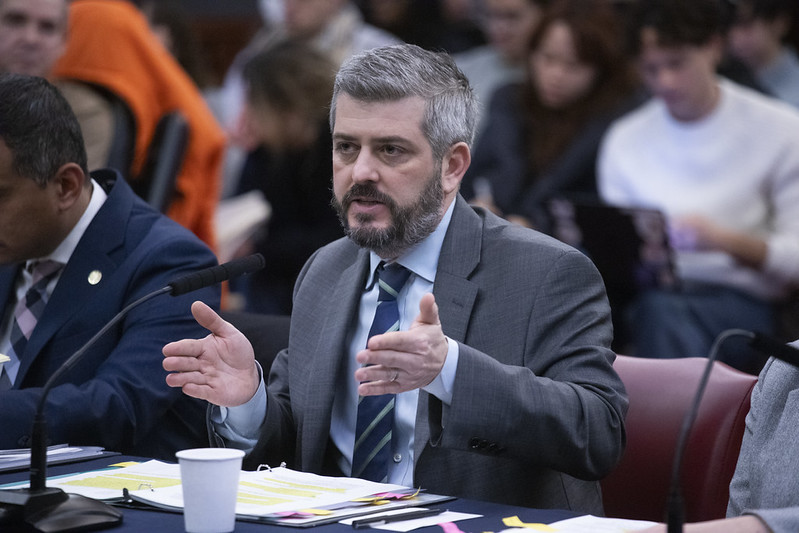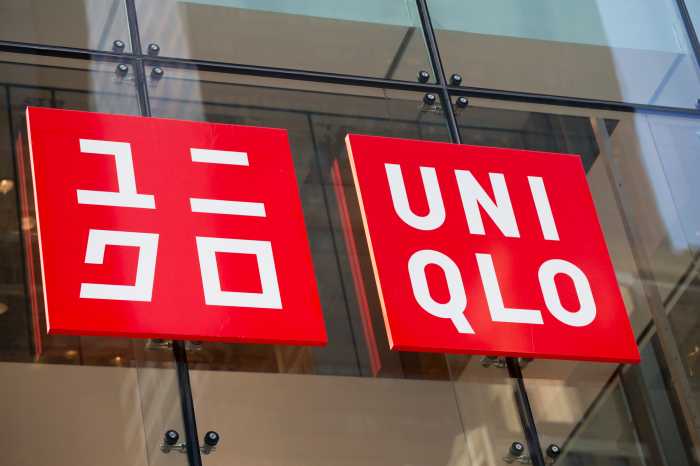Jamie Towers, a state-supervised Mitchell-Lama property in Soundview, has a new manager after its shareholder board president uncovered evidence of misspent funds and mismanagement by the company Maxwell-Kates.
At the 1960s-era property with 620 units and a majority-senior population, Maxwell-Kates is alleged to have spent corporation funds for reasons unrelated to the property and inadequately performed its fiduciary duties, such as filling vacancies and maintaining the wait list.
The Bronx Times examined about seven months’ worth of bank statements from one of the corporation’s debit cards (July 2024 to January 2025), which Maxwell-Kates audited after the general manager resigned in January. The documents showed $16,912.38 in expenses that appeared to be unrelated to property management. Many were purchases with no retrievable receipt linked to personal Amazon and Amazon Marketplace accounts, totaling $9,637.36.
Maxwell-Kates did not respond to multiple requests for comment and has since reimbursed the corporation for $20,000 in misspent funds. The new Jamie Towers manager, as of Aug. 1, Metro Management Development Inc., declined to comment.
Board president Maxine Breeden has lived at Jamie Towers since 2018 and fought almost singlehandedly to expose wrongdoing by Maxwell-Kates and previous managers.
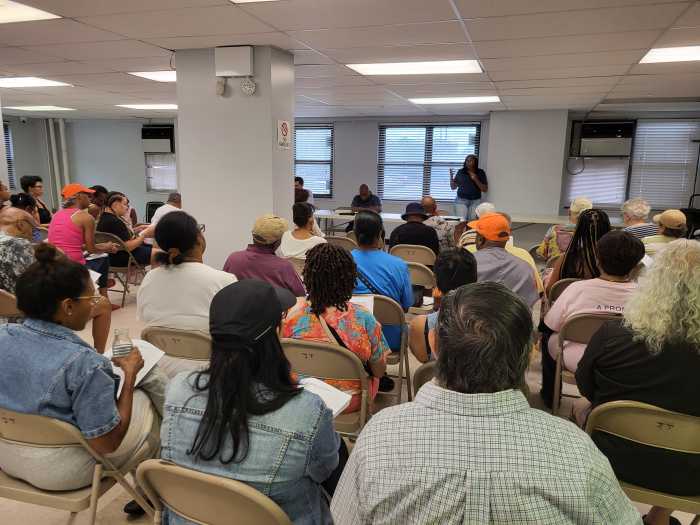
Breeden is a 60-year-old retired social worker who lives in one of four Jamie Towers buildings at 2070 Seward Ave. She said she invested in the co-op, intending to never move again, but has grown increasingly concerned about whether or not Jamie Towers can remain afloat.
Over the years, she has battled management — Maxwell-Kates and FirstService Residential before them — about poor water quality, lack of repairs, abnormal spending and excessive vacancies, all amid double-digit increases in residents’ monthly maintenance fees.
Breeden has also been in frequent contact with the state Division of Housing and Community Renewal (HCR), which oversees the development, and received little meaningful intervention until this summer, when the agency issued a July 17 letter to Maxwell-Kates outlining seven “instances of noncompliance” that needed to be corrected within 30 days.
According to the letter, the firm had “failed to meet expected standards” for unit sales, had not properly maintained the automated wait list despite repeated training, and had failed to report required information to HCR, among other issues.
By then, Maxwell-Kates had already admitted to the improper spending, and the board was seeking a new management company.
“It should’ve never taken this long,” said Breeden in an Aug. 7 interview. “[Maxwell-Kates] knew there was no oversight.”
‘What the f–k is limited oversight?’
Mitchell-Lama properties are privately owned and managed, but because they receive a substantial amount of state and local funding, they are supervised by either the state (HCR) or the city Department of Housing Preservation and Development (HPD).
An HCR spokesperson said it is working with Jamie Towers to right the ship.
“While HCR does not own or manage Mitchell-Lama properties, it does perform a critical monitoring function, and when we become aware of poor physical conditions, financial distress, or mismanagement at a property, we work closely with the cooperative board or owner to address the underlying issues as part of our standard supervisory responsibilities,” said the spokesperson in an Aug. 21 statement to the Bronx Times.
However, Breeden has questioned HCR’s role, after flagging problems to the agency throughout nearly all of Maxwell-Kates’ two-year tenure.
“What the f—k is limited oversight?” Breeden said. “Define that for me, so I know which boundaries not to cross.”
Breeden’s push for transparency caused her to be viewed as a micromanager, damaging the board’s relationship with Maxwell-Kates — even though she turned out to be right.
“Maxwell-Kates has continued to act in good faith despite considerable obstruction from the Board. We cannot and will not continue under these conditions,” said the attorney for Maxwell-Kates in an April 16 letter to the board.
However, the company was later forced to admit mismanagement, particularly regarding spending, and submitted reviewed bank statements to the board.
“On behalf of Maxwell-Kates, we wish to express our sincere regret that these irregular transactions occurred under our management,” said a Maxwell-Kates executive in a March 25 email to the board. “We will make the corporation whole financially and work hard to rebuild our relationship.”
Emergency meeting
Jamie Towers residents were left reeling from its third management change in just over two years. And though the corporation is current on its mortgage, its long-term financial future is uncertain.
Breeden called an emergency shareholder meeting on Aug. 16, where dozens of residents filled the community room at 9 a.m. on a Saturday to hear about issues the board is working with new management to address.
One major concern is filling vacancies, which would bring in much-needed revenue. The state comptroller’s office found 61 vacancies during an April 2025 visit, but Breeden said she counted more than 100 by going door to door and talking with neighbors in all four buildings.
She estimates that about 15 units are ready to sell, but others will require expensive rehab — and some have been vacant so long that they’ve literally been taken over by pigeons.
Breeden brought photos showing units littered with droppings, feathers and even nests with eggs. “They need a hazmat crew” before they can be resold, she said.
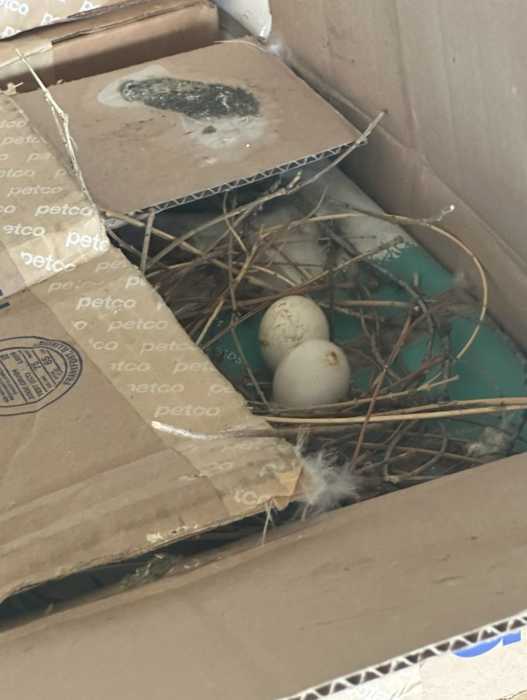
Other apartments with no known permanent occupant show evidence of squatters, such as mattresses, toilet paper and toothpaste, said Breeden. “How did they get in? We have no idea.”
The corporation owes $22 million on a loan that comes to maturity in 2027, and all those empty units translate into a lot of lost revenue each month. Even if all 100 vacancies were studios with the lowest monthly charges, Jamie Towers would miss out on $118,000 per month, or $1.4 million per year, in revenue.
At the meeting, Breeden also detailed evidence of misspending by Maxwell-Kates employees.
In addition to the unsubstantiated Amazon purchases, the audited bank documents show payments to Designer Optics and Fashion Eyewear (a combined $932.95); New York Times ($426.53); Best Buy ($1,495.37); eBay ($1,145.23); the video streaming services Paramount Plus and Prime Video ($91.93); and an E-Z Pass account flagged as the previous manager’s personal account ($650). In addition, $1,265.17 was paid to Parts Geek auto parts, even though there are no company vehicles at Jamie Towers.
Even for purchases likely tied to property management, missing receipts were a problem. A total of $4,039.29 in purchases from Lowe’s home improvement store, a notary, a locksmith, a paint company, and Staples office supply store were flagged as undocumented.
Other seemingly legitimate purchases stand out as suspicious. For instance, bank records show four stoves purchased during the seven months, but their prices varied drastically, from $381 at the low end to $2,466 at the high end.
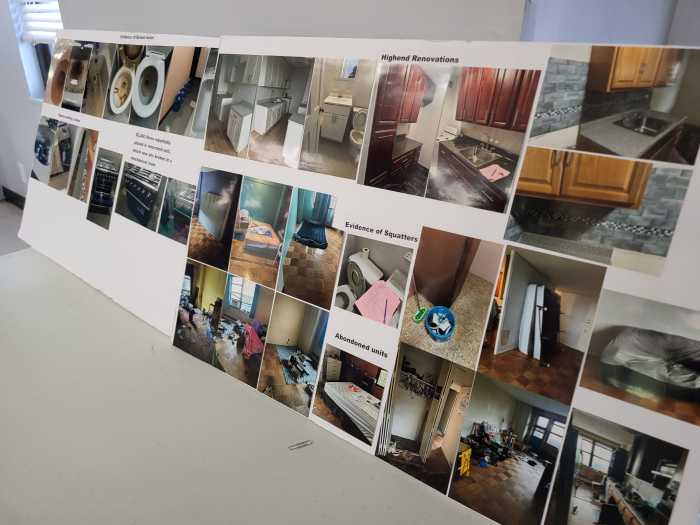
Beyond the improper spending, the corporation has little wiggle room because much of its current revenue goes toward municipal violation fees and covering for arrears and vacancies.
The attorney for Jamie Towers said at the Aug. 16 meeting that as many as 169 households are currently in arrears.
Breeden also said that while Maxwell-Kates did try to rectify violations with the city, the corporation is now losing thousands each month to fines for violations still unresolved.
Records show the development paid a total of $9,465.26 in fines and fees to HPD, FDNY and NYC ECB (Environmental Control Board) over the seven-month period.
“There is no slush money,” Breeden said to her neighbors. “We’re at crumbs.”
Residents were shocked to hear of the apartments taken over by pigeons and the allegations of misused funds against Maxwell-Kates. One asked, “Are you going to be working diligently to get the money back that was taken from us?”
Breeden explained that the board hired an accountant who will soon begin a forensic audit to determine the scope of losses under Maxwell-Kates and provide a full financial picture. From there, the board plans to take the information to the NYPD.
“We already knew, on no uncertain terms, we’re gonna do something about them taking our money,” Breeden said.
She said she has faith these problems will end under new management — and vowed to keep watching.
Recognizing the scope of the challenges, the board approved Metro to allocate 4.5 staff positions to Jamie Towers instead of the usual three. Staffers will be dedicated to collecting on arrears — including taking residents to housing court as needed — and cleaning up loose ends from Maxwell-Kates.
“We’ve told you guys a lot of stuff you don’t want to hear,” Breeden said at the meeting. “But at least we told you the truth.”
The state intervenes
None of Jamie Towers’ challenges began exclusively under Maxwell-Kates. In fact, the manager who preceded them, FirstService Residential, was also alleged to have misspent funds, leading to Maxwell-Kates’ takeover in spring 2023.
As board president, Breeden was closely watching the management company her board hired in spring 2023.
Email records show that Breeden repeatedly asked Maxwell-Kates to turn over copies of bank records, vacancy lists, wait lists and other documents relating to the corporation’s finances, while repeatedly flagging concerns to HCR. As she said on Aug. 7, “My foot is on their neck.”
Seeing Jamie Towers mismanaged and robbed by two different companies is a harsh reality for Breeden, who said the state should have helped earlier but also took personal responsibility for having hired a bad actor.
The choices are limited: only 30 companies are allowed to manage the city’s Mitchell-Lama properties, and it can be difficult to find one willing to tackle the level of challenge that Jamie Towers is facing. With the limited pool, problem companies tend to simply find work elsewhere. Maxwell-Kates manages at least three other Mitchell-Lama co-op or rental properties in New York City, according to HPD as of July 2024.
Still, Breeden said she has a sense of guilt for how things turned out. “What’s so bad [is], it was on my watch,” she said.
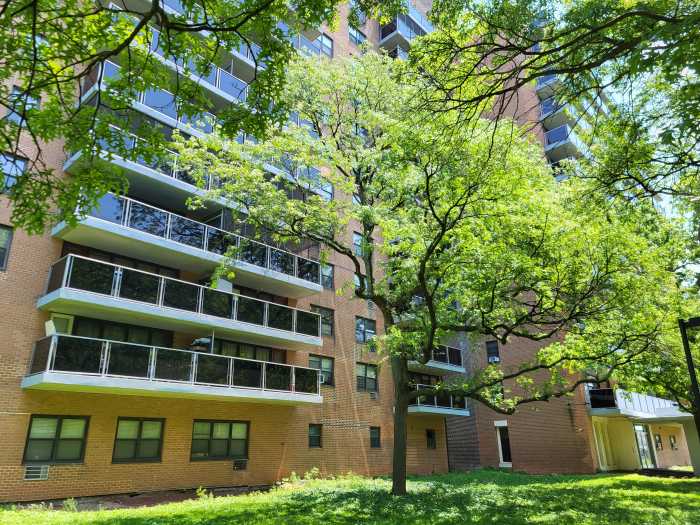
Breeden wasn’t the only one looking for signs of trouble at Jamie Towers. The development has received multiple visits from the state comptroller’s office, which has previously raised the alarm about improper spending, unsafe and unsanitary living conditions and lack of oversight from HCR.
The office of State Comptroller Thomas DiNapoli ran an audit at Jamie Towers covering Jan. 2019 through Jan. 2023 and found $604,984 in “unsupported payments” and $192,742 in “inadequately supported payments,” along with 203 expenditures that were “unusual or unrelated to operations.”
The report also faulted management for failing to follow the competitive bidding process and failing to get required approval from HCR on major contracts. Its report included photos of a vacant apartment littered with pigeon droppings and feathers from April and a water leak in a hallway ceiling from February.
For these problems, the comptroller’s office blamed not only management but the oversight agency itself.
“HCR did not adequately oversee the physical and financial conditions … likely causing management at those developments to misspend funds and fail to provide a safe and clean living environment for their residents,” the report said.
For Breeden — whose area of expertise is in social work, not accounting or property management — holding Maxwell-Kates accountable took time and persistence.
“They were really not expecting us to dive in” to find misspending and other problems, she said.
‘Very hands off’
Local elected officials who have allocated funding for Mitchell-Lamas have also raised concerns about the lack of oversight that could have prevented mismanagement like that at Jamie Towers.
In general, HCR is “very hands off, until it’s time for them to enforce a carrying charge increase,” said Bronx Assembly Member Karines Reyes in an interview. “Once those carrying charges increase, it’s very difficult for them to come back down.”
The Mitchell-Lama program was established in the mid-1950s to create stable homeownership opportunities for low- and moderate-income households. But today, the program has fallen victim to “systemic disinvestment” and a “gross lack of oversight,” according to Reyes.
Mitchell-Lama cooperatives like Jamie Towers were originally thought of as starter homes, not necessarily homes where families stay for generations, she said Today, many buildings are old and too costly to repair without raising the monthly costs for residents who can least afford it, said Reyes.
At Jamie Towers, residents have seen a 60% increase in their monthly fees in the past two years, and Breeden’s apartment now costs $500 per month more than it did two years ago.
Not all Mitchell-Lamas are struggling financially — but those doing well tend to have more affluent and well-educated shareholders, said Reyes.
The rest are more dependent on the management company to serve in their best interest, which doesn’t always happen, said Reyes. “They have a profit motive.”
Many Mitchell-Lama residents have pooled their collective resources to support each other in light of what they view as a lack of government help.
Some developments are “in trouble” with “no real place to go to get advice,” said Adele Neiderman with Cooperators United 4 Mitchell-Lama (CU4ML), an all-volunteer advocacy group that started in 2008 and has representatives from about half of the city’s 86 co-ops, including Jamie Towers.
For board members, learning how the developments work isn’t easy. Niederman, who lives in the 179-unit St. Martin’s Tower on the Upper West Side, said it took her about 15 years to “gain a fluency” around the Mitchell-Lama system, from terminology to budgeting.
All types of people live in Mitchell-Lamas, and their diversity and varied expertise is part of their appeal, said Niederman. But she said board members receive little training beyond some required videos. Niederman said HCR and HPD should conduct on-the-ground training to help board members make proactive budget decisions and spot problems.
“The video may be perfectly fine, but it’s done in a vacuum,” she said.
Moving forward
Beyond management problems, arrears are also a major concern at Jamie Towers. As many as 169 households owe money, though it is unclear how many are actively living in their apartment.
Still, at the shareholder meeting, Breeden urged residents who owe money to meet with management immediately and try to work something out, perhaps with the help of city funds.
Under new management, “aggressive legal action” will be taken against those in arrears, she said. “You’re gonna get evicted. That’s the bottom line.”
Going forward, Breeden said the good news is that funds allocated to Jamie Towers by elected officials can now be unlocked to a more trusted manager.
The corporation had been sitting on a $182,000 grant from Assembly Member Reyes and $4 million for elevator repair from Council Member Amanda Farías. Without full trust in Maxwell-Kates, Breeden said she could not sign off on releasing the money.
“We don’t want to release our funds to a company that’s gonna take it and do whatever they want with it,” she said at the shareholder meeting.
Breeden expressed confidence in Metro but acknowledged the harsh reality of having been poorly served by two other managers.
“We’re telling you what you don’t want to know but need to know,” she said.
After the meeting, some residents took time to process what they’d heard.
David Antonio Dorsey, 71, has lived at Jamie Towers since 2004.
“It was beautiful when I first moved here,” he said, especially the landscaping. But the grass had grown to two feet high when Metro took over on Aug. 1, according to Breeden.

Dorsey said he was concerned to hear about the allegations against Maxwell-Kates.
“Gosh, how many more [management] companies are we going to get?” he said. “I’m trying to think positively.”
An 85-year-old resident, who declined to have his name published, told the Bronx Times he was concerned about the future of Jamie Towers, his home since the 1970s.
“I think it’s very important that we try to get this straightened out,” he said. “It’s a heavy load. I’m definitely worried about it.”
As Metro begins work at the property, Breeden said she and her board are watching closely — with ongoing help from the state comptroller and HCR — to ensure that the company acts with transparency and urgency to get Jamie Towers on the right track.
Breeden said she’s “very skeptical” but has no choice but to move forward and remain engaged with management. “We want to know where every dollar is going, because we don’t have a lot of dollars.”
This story was updated at 7:30 p.m.
Reach Emily Swanson at eswanson@schnepsmedia.com or (646) 717-0015. For more coverage, follow us on Twitter, Facebook and Instagram @bronxtimes




